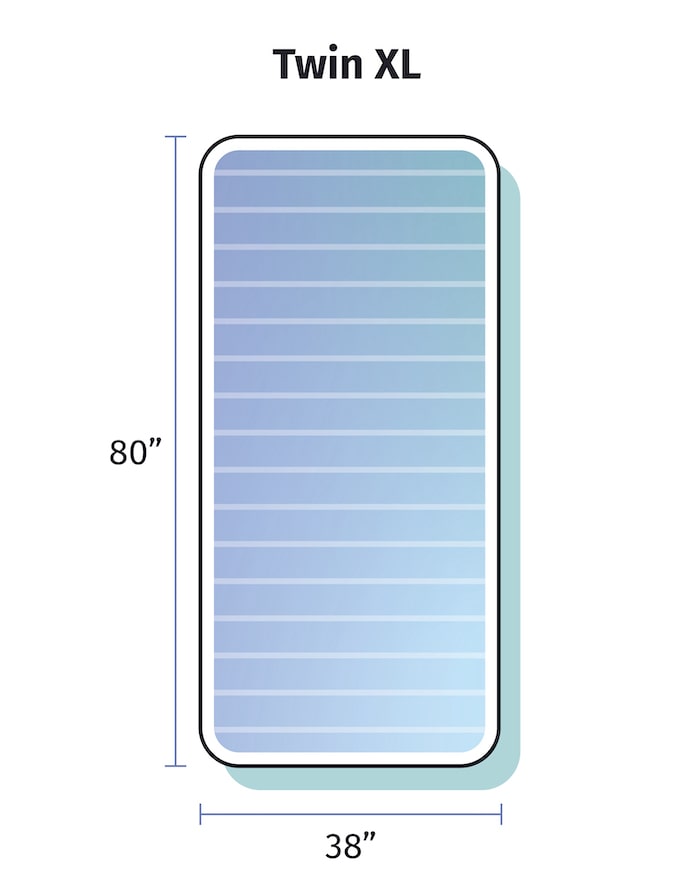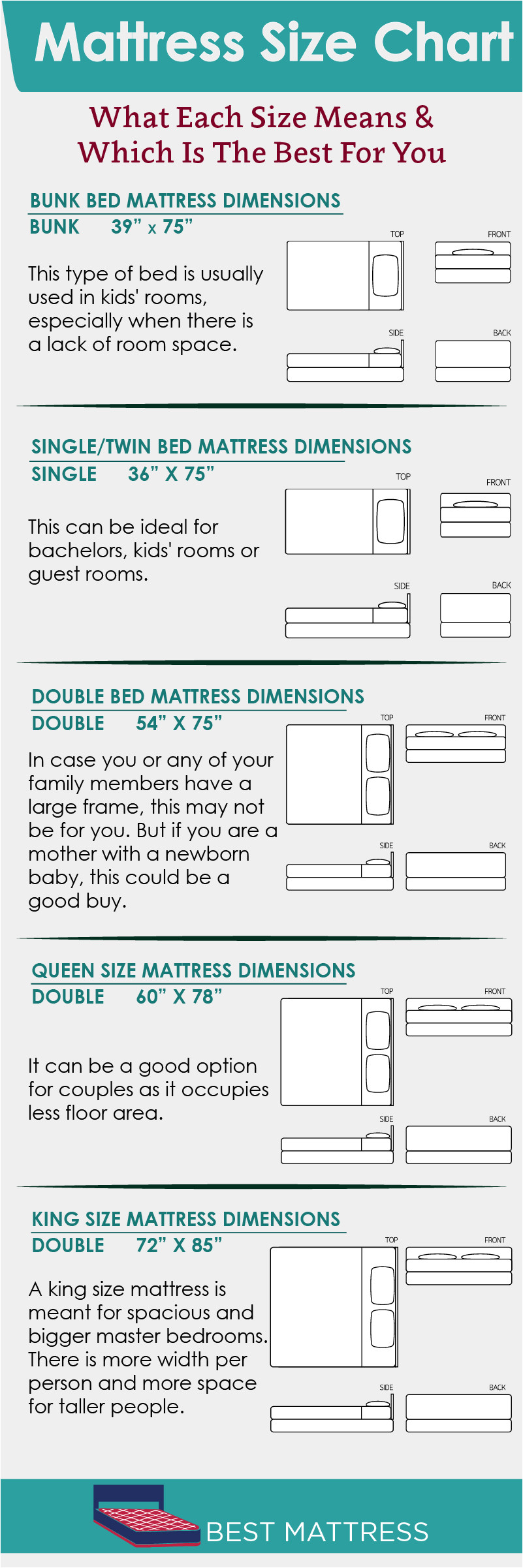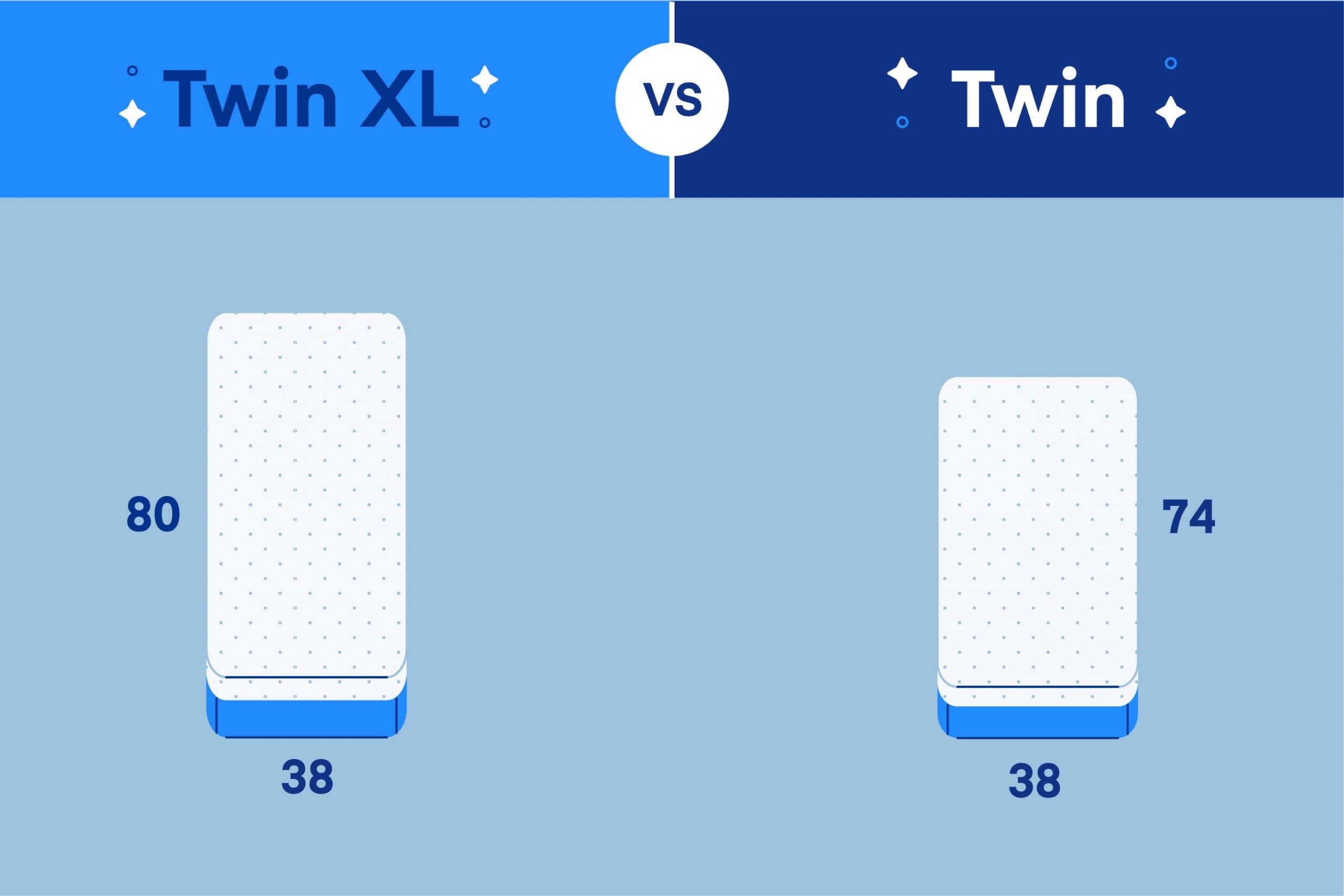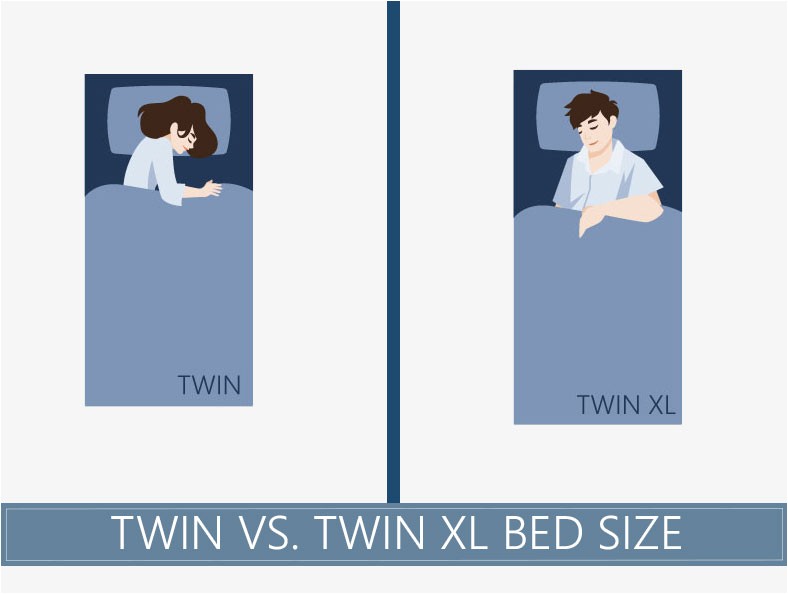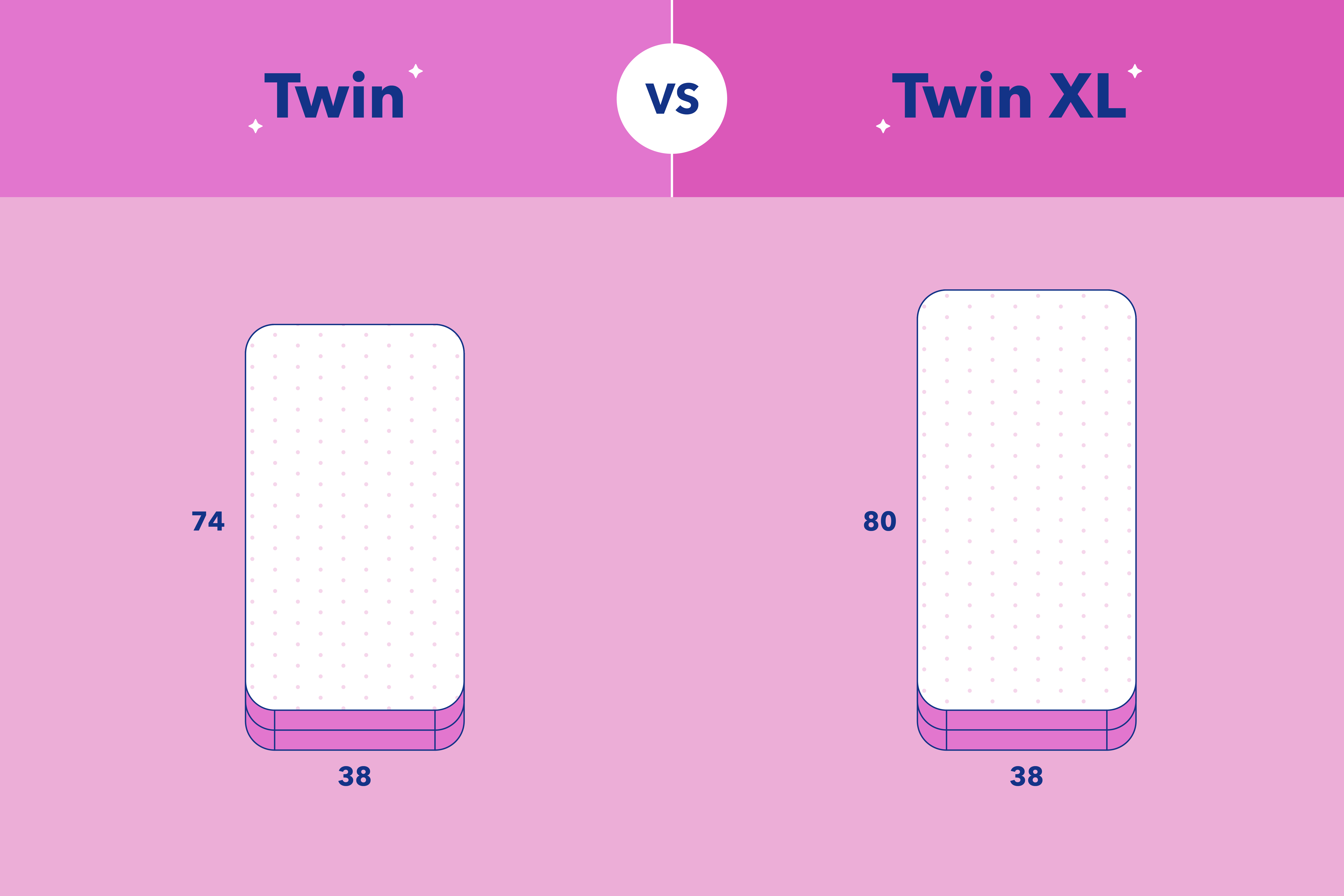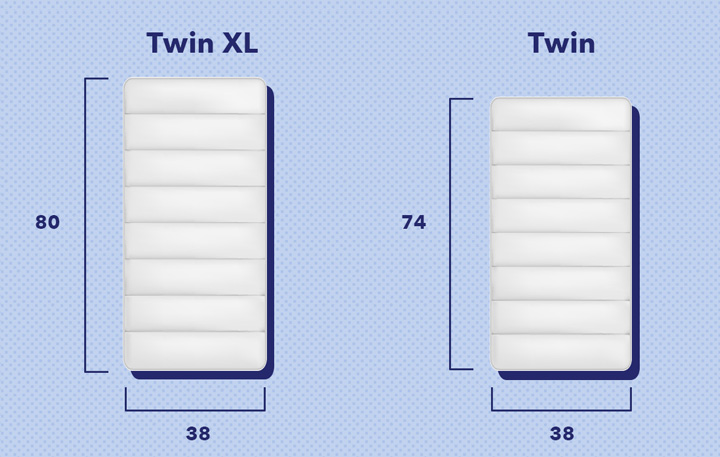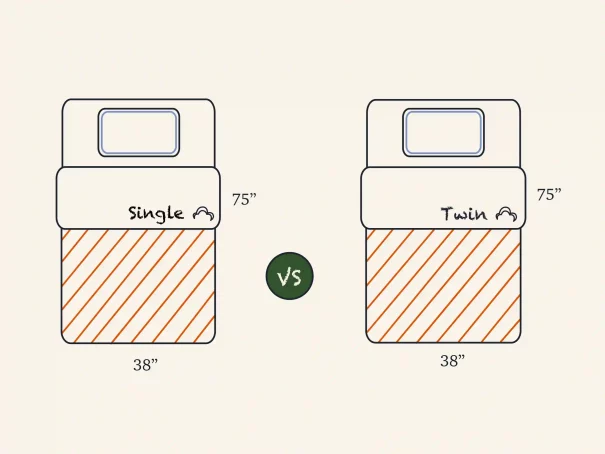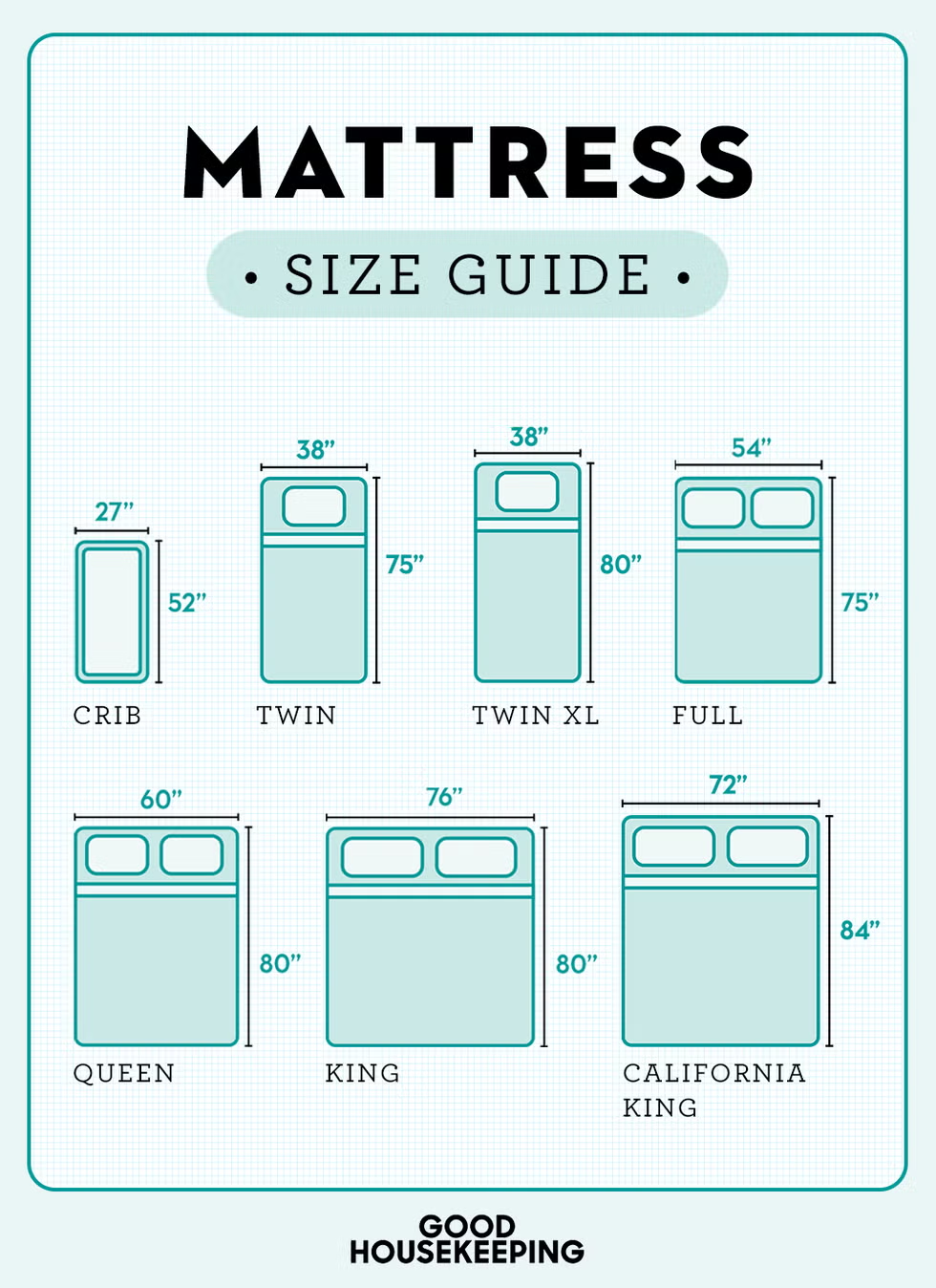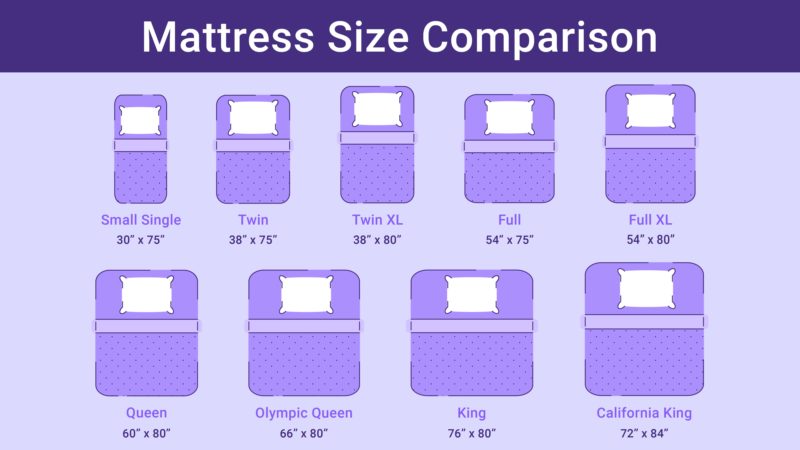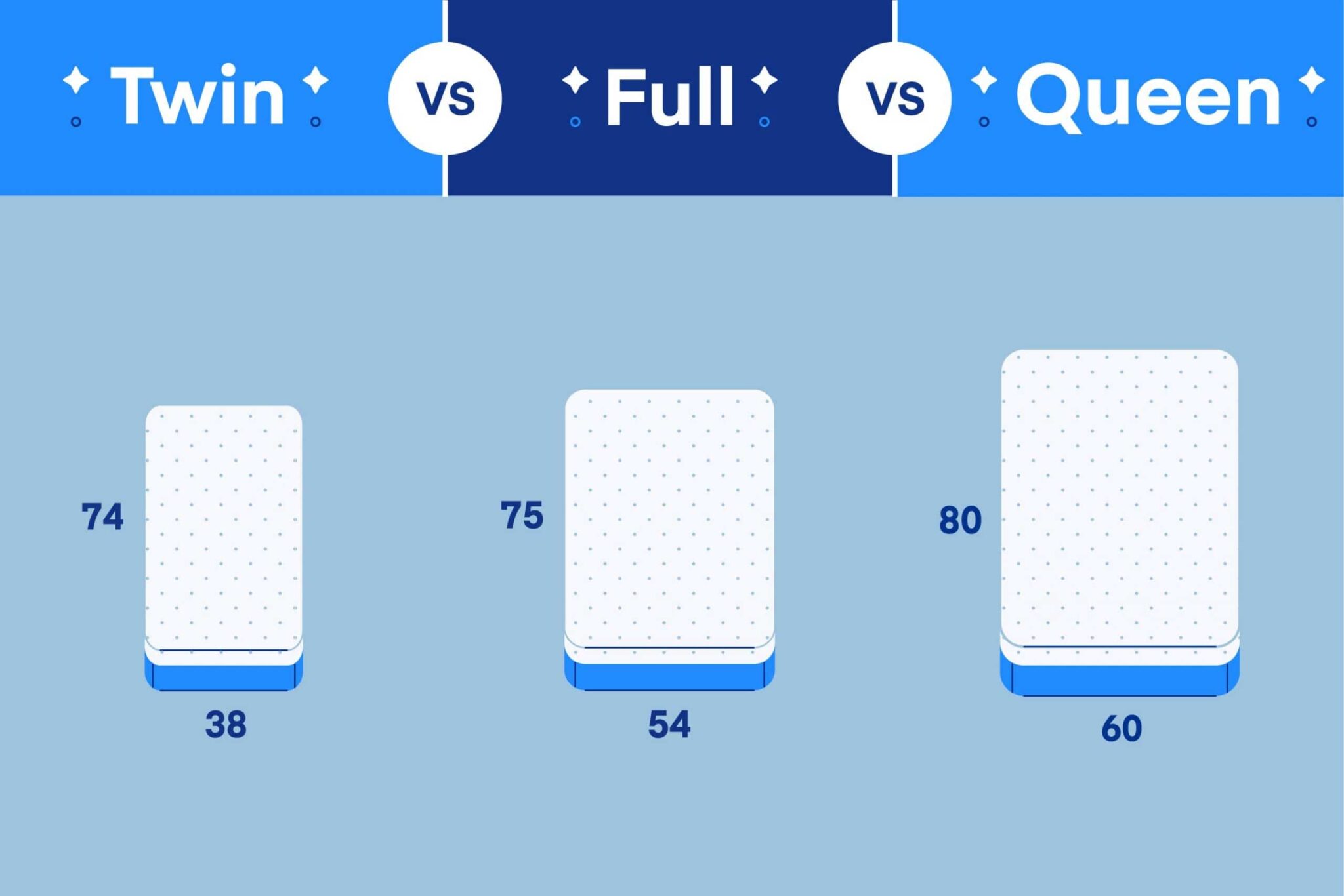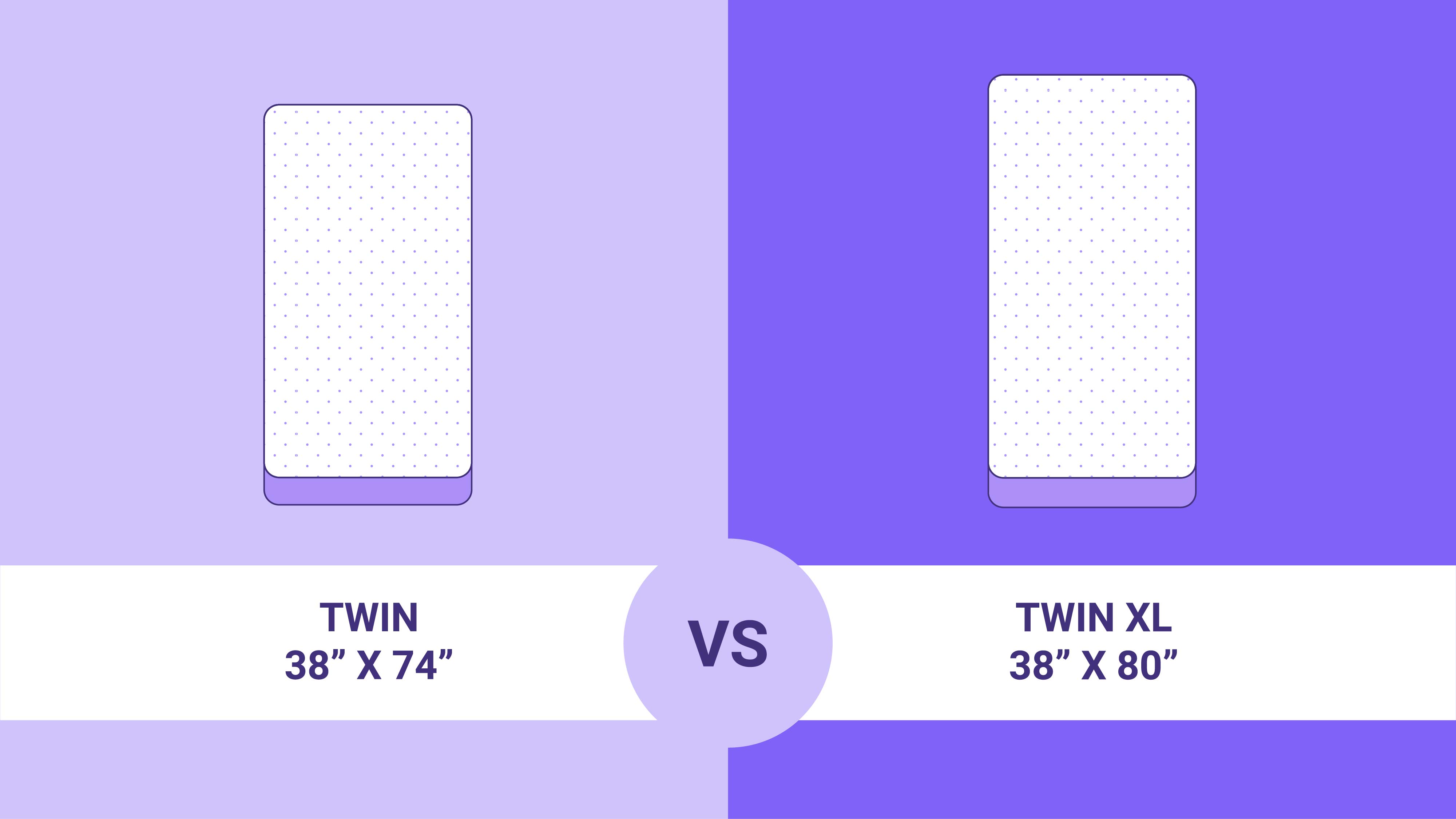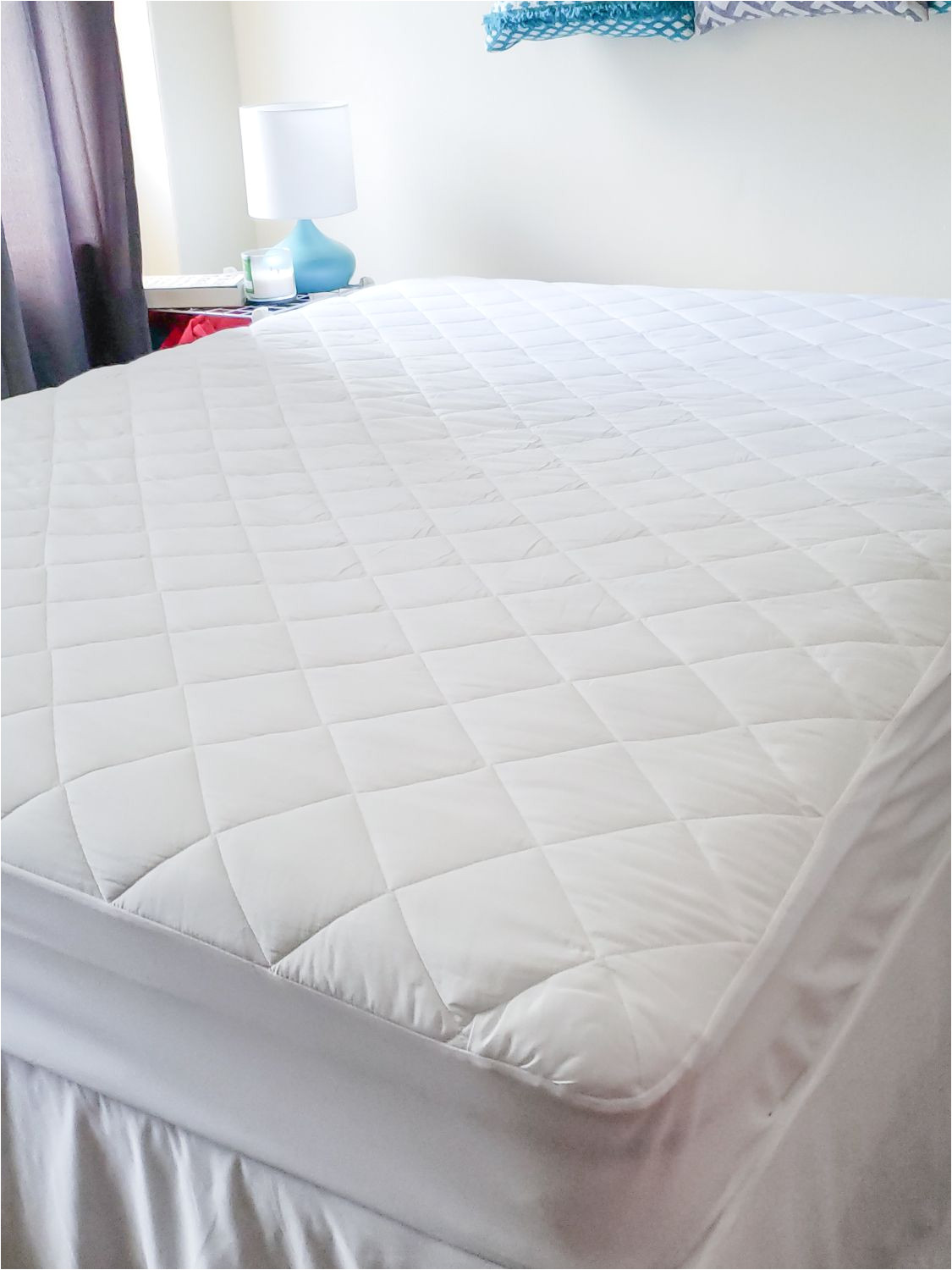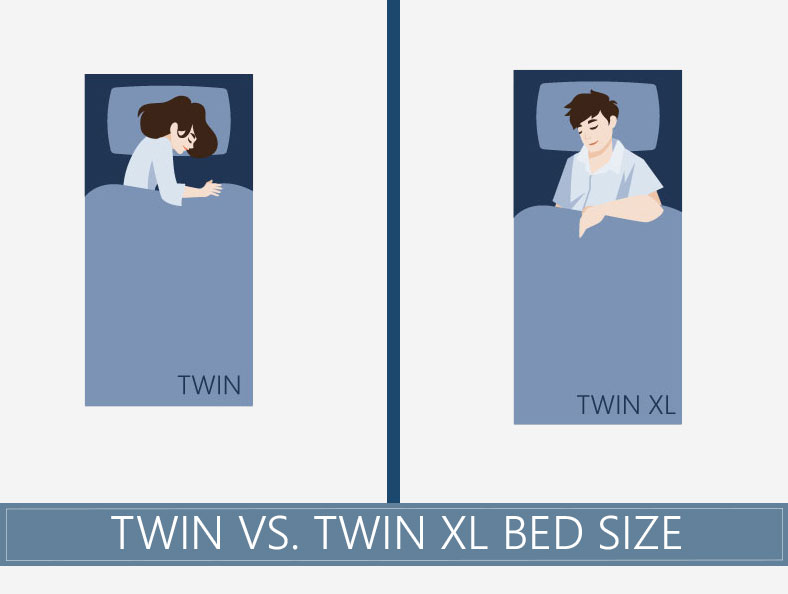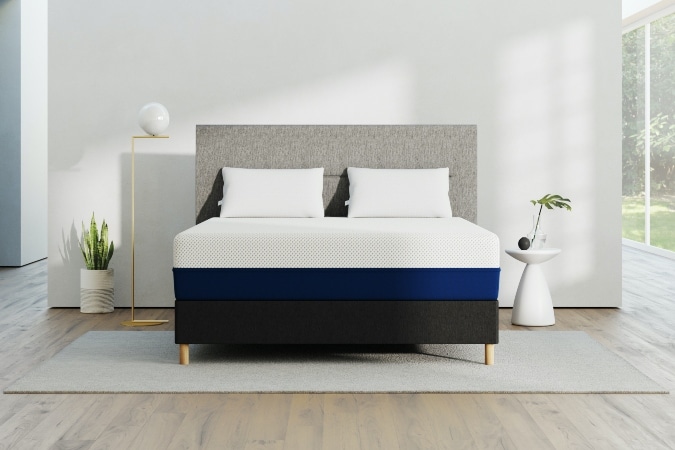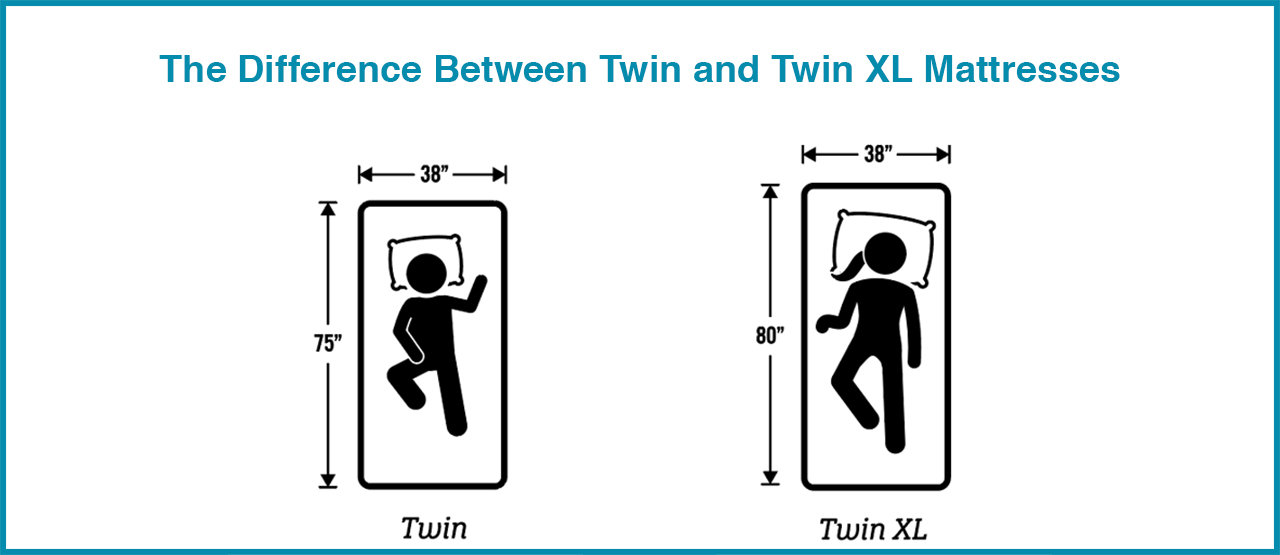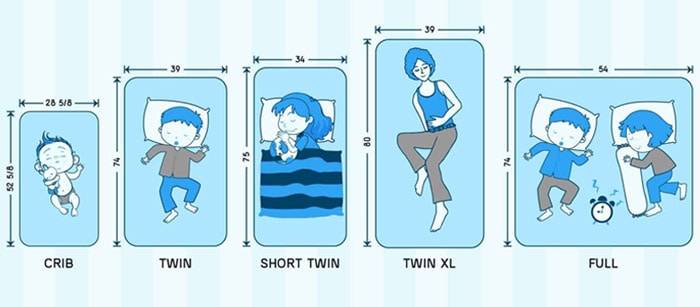Twin vs Twin XL Mattress: What's the Difference?
When it comes to choosing the perfect mattress, size is an important factor to consider. And two of the most popular sizes are the twin and twin XL. But what exactly is the difference between these two mattresses? Let's find out.
The main difference between a twin and a twin XL mattress lies in their dimensions. A twin mattress is typically 39 inches wide and 75 inches long, while a twin XL mattress is 39 inches wide and 80 inches long. This extra length in a twin XL can make a significant difference, especially for taller individuals.
Another difference is the purpose of these mattresses. A twin mattress is ideal for single sleepers, while a twin XL is designed for taller individuals or those who need a little extra space to move around comfortably while sleeping.
Twin vs Twin XL Mattress: Which One is Right for You?
Choosing between a twin or twin XL mattress largely depends on your specific needs and preferences. If you are a single sleeper and don't need a lot of extra space, a twin mattress may be the better option for you.
On the other hand, if you are a taller individual, a twin XL mattress will provide you with the extra length you need for a comfortable night's sleep. Additionally, if you have a smaller bedroom or space constraints, a twin XL may be a better fit as it offers more length without taking up too much width.
Twin vs Twin XL Mattress: Size Comparison and Guide
As mentioned earlier, a twin mattress measures 39 inches wide and 75 inches long, while a twin XL measures 39 inches wide and 80 inches long. This makes the twin XL mattress 5 inches longer than the twin mattress.
It's important to note that while a twin XL offers more length, it does not offer any additional width. So if you are someone who needs more space to spread out while sleeping, a twin XL may not be the best option for you.
Twin vs Twin XL Mattress: Pros and Cons
Now that we've discussed the differences and dimensions of these two mattresses, let's take a look at their pros and cons to help you make a more informed decision.
Twin vs Twin XL Mattress: Which One is Better for Couples?
If you are a couple looking for a new mattress, neither the twin nor the twin XL may be the best option for you. While the twin XL offers extra length, it does not provide enough width for two people to sleep comfortably. Plus, the twin XL may be too short for taller individuals. In this case, it may be better to consider a larger size such as a full, queen, or king mattress.
Twin vs Twin XL Mattress: Which One is Better for Kids?
A twin mattress is a great choice for children as it provides enough space for them to sleep comfortably and can fit in smaller bedrooms or spaces. As children grow, a twin XL may be a better choice to accommodate their growing bodies. However, it's important to consider your child's individual needs and preferences when choosing a mattress.
Twin vs Twin XL Mattress: Which One is Better for Small Spaces?
If you have a small bedroom or limited space, both a twin and twin XL mattress can be great options. However, the twin XL may be a better fit as it offers extra length without taking up too much width. It's important to measure your space and consider your individual needs before making a decision.
Twin vs Twin XL Mattress: Which One is Better for College Dorms?
When it comes to college dorms, space is often limited. A twin XL mattress can be a great option for college students as it offers enough length for taller individuals and can fit in smaller dorm rooms. However, it's always a good idea to check with your college's dorm guidelines to see if they have specific mattress size requirements.
Twin vs Twin XL Mattress: Which One is Better for Guest Rooms?
For guest rooms, both a twin and twin XL mattress can be great options. It ultimately depends on your individual needs and the size of your guest room. If you have a smaller guest room, a twin XL may be a better fit as it offers extra length without taking up too much width. However, if space is not an issue, a twin mattress may be a more cost-effective option.
Twin vs Twin XL Mattress: Which One is Better for Adjustable Beds?
If you have an adjustable bed, both a twin and twin XL mattress can work well. However, the twin XL may be a better choice as it offers more length to accommodate the movement of the adjustable bed without sacrificing too much width.
In conclusion, when it comes to choosing between a twin and a twin XL mattress, it's important to consider your individual needs and preferences. While a twin mattress may be more affordable and suitable for single sleepers, a twin XL can provide extra length for taller individuals or those who need more space to move around comfortably while sleeping. Ultimately, the decision is yours based on what will provide you with the most comfortable and restful sleep.
The Differences Between Twin and Twin XL Mattress Sizes
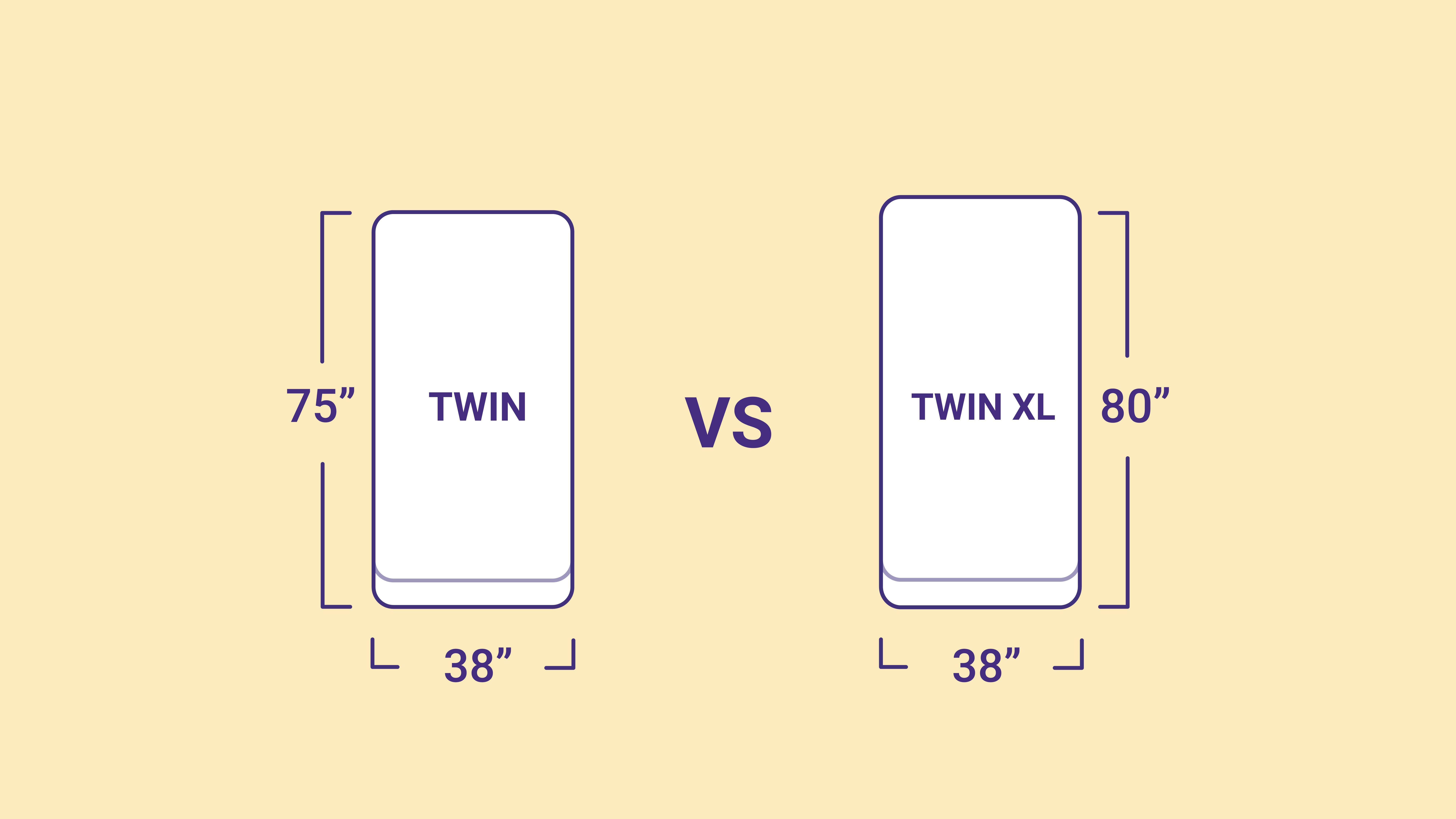
Choosing the right mattress size is an important consideration for any bedroom design. Among the many options available, two of the most popular choices are twin and twin XL mattresses. While they may sound similar, these two sizes have some key differences that are important to understand. In this article, we'll explore the distinctions between twin and twin XL mattresses and how to determine which one is the best fit for your needs.
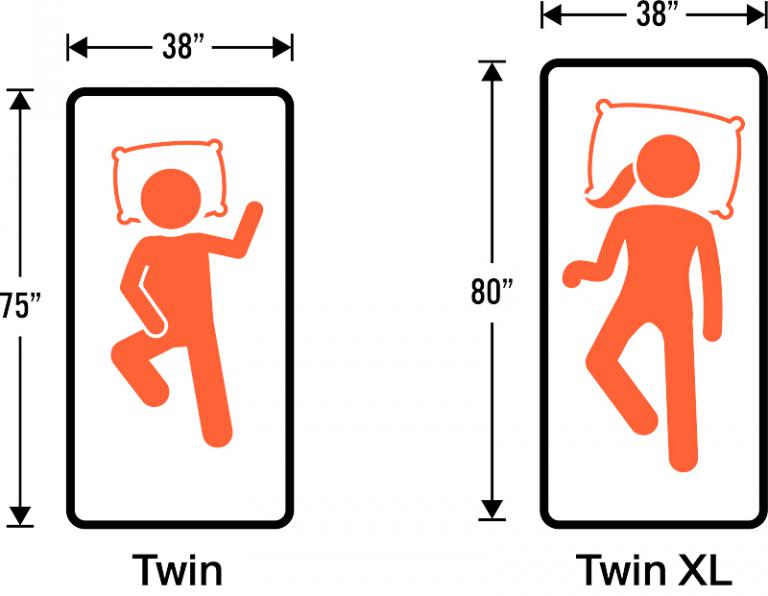
First, let's define the two sizes. A twin mattress is the smallest standard size available, measuring 38 inches wide and 75 inches long. This makes it a great option for smaller bedrooms or for children's rooms. On the other hand, a twin XL mattress is slightly longer, measuring 38 inches wide and 80 inches long. This extra five inches in length can make all the difference for taller individuals or those who prefer more legroom while sleeping.
So, why choose one over the other?

Space: The most obvious difference between a twin and twin XL mattress is the amount of space they provide. While both sizes are designed for single sleepers, the extra five inches in length of a twin XL can make a noticeable difference in comfort for taller individuals. Additionally, if you have a smaller bedroom or are trying to fit multiple beds in one space, a twin XL may be a better option as it takes up less horizontal space.
Age and Growth: Another important consideration when choosing between a twin and twin XL mattress is the age and growth of the sleeper. If the mattress is for a child, a twin may be a better option as it allows for more room to play on the bed and is less expensive. However, if the sleeper is a teenager or young adult, a twin XL may be a more practical choice as it will provide more comfort and room for growth.
Price: Price is always a factor when it comes to purchasing a mattress. In general, a twin mattress will be the more affordable option compared to a twin XL, but the difference in price may not be significant enough to sway your decision. It's important to consider the other factors mentioned above before making a decision based solely on cost.
Ultimately, the decision between a twin and twin XL mattress will depend on your individual needs and preferences. While a twin may be a better fit for smaller spaces and children, a twin XL offers more space and comfort for taller individuals and young adults. Keep in mind that these are only standard sizes and there are variations available, so it's always best to measure your space and consider your personal preferences before making a final decision.
Whether you choose a twin or twin XL mattress, it's important to invest in a high-quality and comfortable option as a good night's sleep is essential for overall health and well-being. Now that you have a better understanding of the differences between these two sizes, you can make an informed decision and find the perfect mattress for your bedroom design.
With a wide variety of mattress sizes available, it can be overwhelming to choose the right one for your needs. Hopefully, this article has provided some clarity on the differences between twin and twin XL mattresses. Remember to consider the space you have available, the age and growth of the sleeper, and your budget when making your decision. And most importantly, don't forget to prioritize comfort for a good night's sleep.
